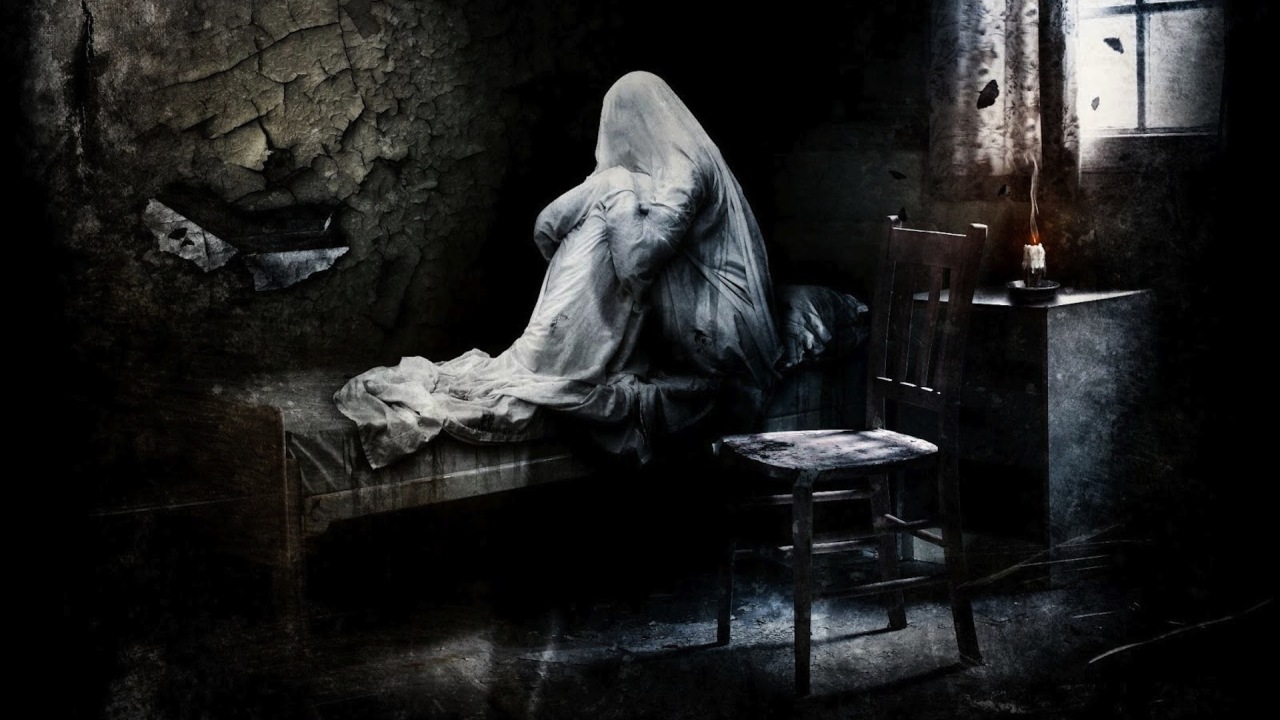Given the many twists and turns that the metal – and extreme metal – scene has taken over the last couple of decades in terms of taste and prevalent trends, it is somehow reassuring to know that all the bands that made up the Peaceville Three are not only still in existence, but boast a strong following. The years have been more than kind to these purveyors and pioneers of the death/doom genre, who have survived long enough to see a legion of bands rise up in their shadows, taking their gloriously gothic, romantic and melancholy approach to new extremes, be it in terms of the torturously drawn-out malevolence of the more punishing doom outfits out there or the most commercial of the gothic-tinged metal outfits doing the rounds.
Yet even with such a proliferation, as their packed live shows prove, both longtime fans and a new generation of listeners continue to return to the source, something My Dying Bride have also done on A Map of All Our Failures. Of course, of the three bands, it is My Dying Bride whose evolution has tended to prove the most steadily, their discography avoiding the ebb and flow of Paradise Lost or the seemingly one-way trajectory of Anathema.
That’s not to say that there haven’t been occasional missteps – indeed, the strangely urban 34.788%… Complete and even its frequently acclaimed predecessor, Like Gods Of The Sun, remain divisive, and more recently the band split opinion once again with the classical reworkings on last year’s Evinta. It is perhaps due to such experimentation this new album returns to deliberately familiar ground – certainly, those who hoped that last year’s ultra-old school The Barghest O’ Whitby EP was reflective of the record’s content may be slightly disappointed.
But what A Map Of All Our Failures represents is refinement, as opposed to reinvention, and that is surely what most would hope from the band. There’s not only a familiarity here but also a sense that the band are honing a sound that they not only helped invent but remain the masters of. Almost as soon as the record starts spinning the listener is awed by the biggest and most foreboding riffs since Celtic Frost’s Monotheist, the crashing percussion complementing but never swamping the mournful odes, which somehow make always space for Aaron’s distinctive voice, a performance which shows both frailty and venom, switching from spoken word to clean sung passages to some of his rawest vocal assaults yet.
As soaked in despair as ever, the Yorkshire veterans never allow themselves to push their songs into depressive extremity for the sake of it. A reflection of their experience and maturity, My Dying Bride know when to rein in their ever-encroaching gloom and bombast – they have a surprising lightness of touch. The songwriting remains paramount and there’s a sense of a steady narrative throughout, the album proving more than the sum of its eight parts and instead resulting in an immersive and compelling experience which continues to keep moving forward despite the inherently drawn-out nature of the genre.
